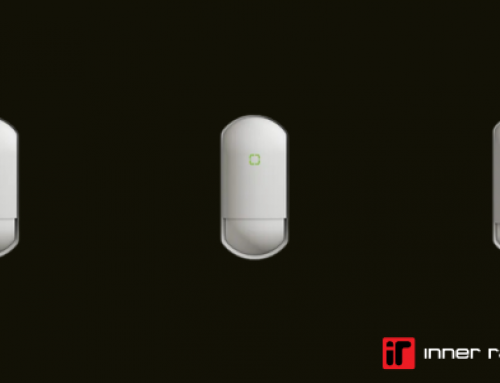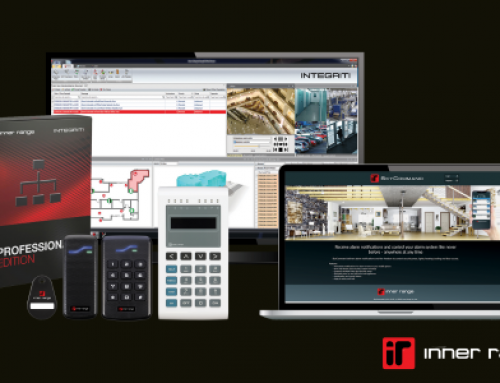
The devil is in the detail, so the saying goes. But when it comes to access control systems and security, detail is on your side. Inner Range General Manager, Tim Northwood, explains why ‘fine grain’ matters.
Put simply, an access control system with flexible permission allows security managers to create ‘fine grain’ highly bespoke permissions and protocols to ensure users only access the places and systems they need and that appropriate responses occur to specific events.
But a meticulous focus on detail shouldn’t stop there. Forensic audit trails and ensuring each component of your access control system has its own MAC address are also vital when it comes to guarding against intruders – physical or cyber.
Permissions
Access control systems that allow ‘fine grain’ tailoring for permissions offer better security protection. It’s the difference between offering ‘standard’ access credentials versus credentials that are customized for individuals – allowing access to buildings, car parks and sensitive areas for example, as well as computer and data systems.
Fine grain permissions ensure staff and visitors can only access authorised areas and systems, helping security managers to keep tabs on who is where, when and doing what on site.
This reduces the number of people accessing sensitive areas and systems and by default, makes it harder for determined intruders to steal or replicate security credentials that give them all the authorisations they need.
Protocols
Fine grain detail has benefits for system protocols too. Many organisations have complex needs when it comes to alerts and sharing information in response to specific events. Whether it’s a simple pager message to a security manager, extra measures when a VIP visitor arrives, or a full lock-down protocol, the ability to set up multiple unique combinations of alert and alarm escalation protocols is vital.
This is particularly the case for organisations with a network of sites at local, national or global level where protocols will need to inform relevant national and international contacts at the same time as – or sometimes ahead of – local ones.
Forensic audit trail
While we’re talking about fine detail, systems offering a full forensic audit trail provide huge advantages for security teams.
Forensic audit reports cover every single action and engagement with an access control system and can be reported at local level, nationally or internationally. This means security managers can see exactly who has done what to the system and when.
A good audit trail system should have the ability to ‘roll-back’ changes made to system programming by any person or entity at a specific date and time. This means, for example, changes made by a ‘rogue’ operator can be undone in one action and the system programming rolled back to exclude these changes.
Preventing Module Substitution
Finally, ensuring every device connected to a high security access control system has its own MAC address is another way of drilling down to the fine detail to guard against security breaches. This measure prevents module substitution, for example, if an attacker attempted to replace movement sensors for others that covered less distance, the system would alert operators to the unauthorised change.
Integriti
Inner Range’s award-winning intelligent access control and intruder detection system, Integriti, offers fine grain permissions and protocols, as well as full forensic audit reporting. It integrates seamlessly with a host of third-party systems, encrypts all communications through every interface and offers high availability and failover clustering to ensure there is no compromise to the system. To find out more, or see a demonstration, please contact our sales team on 0845 470 5000 or email ireurope@innerrange.co.uk





